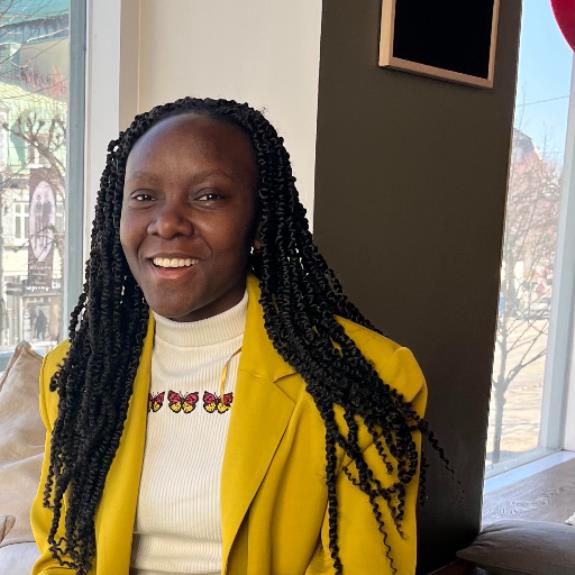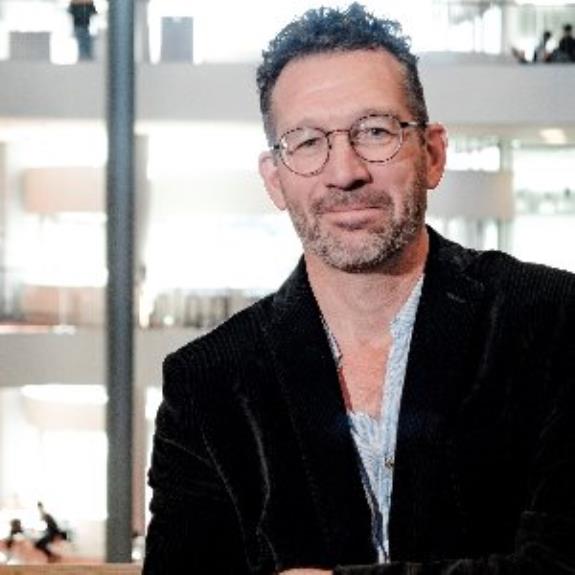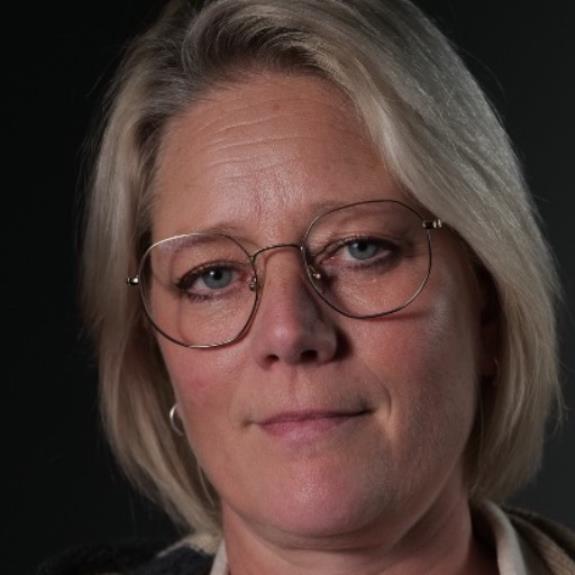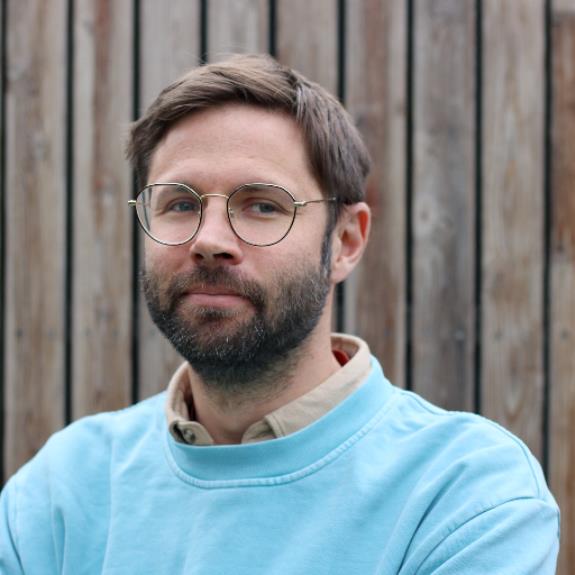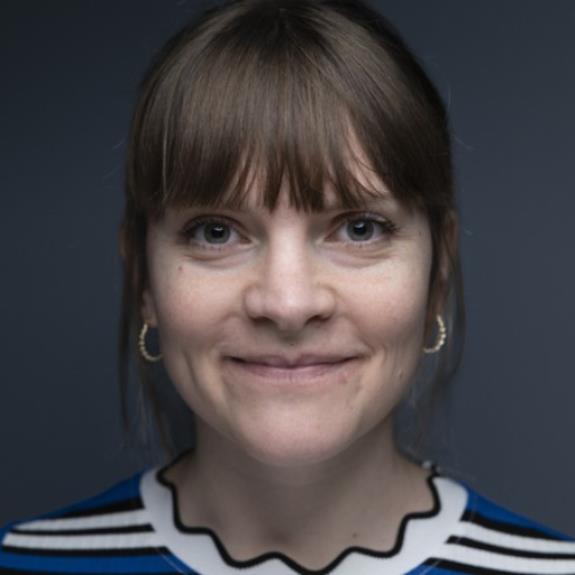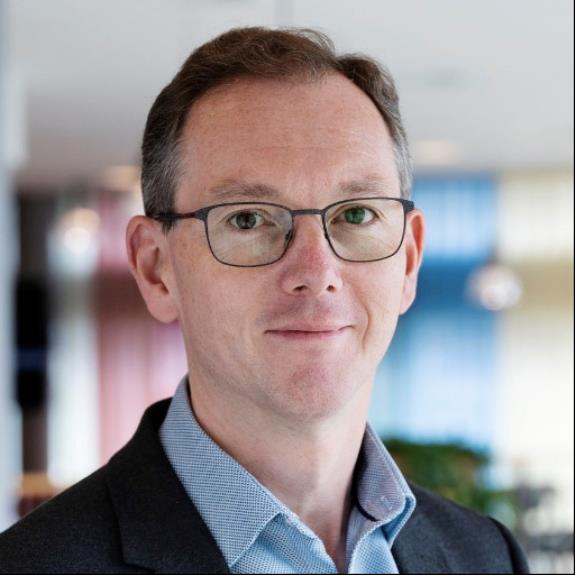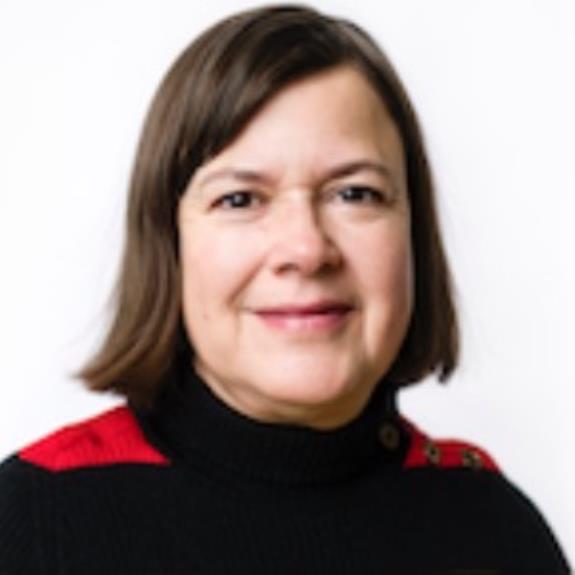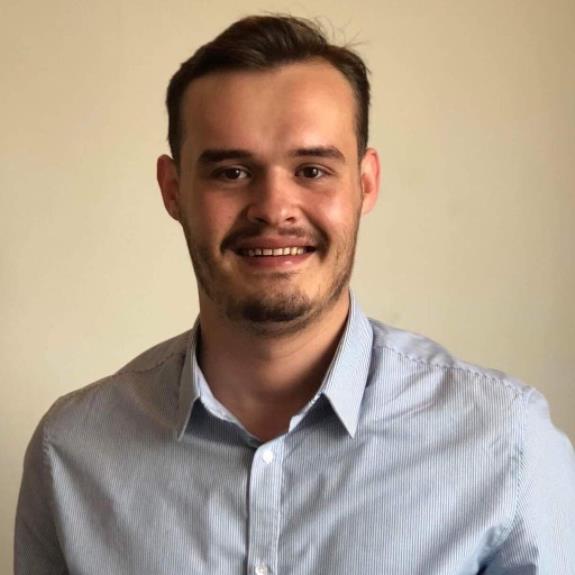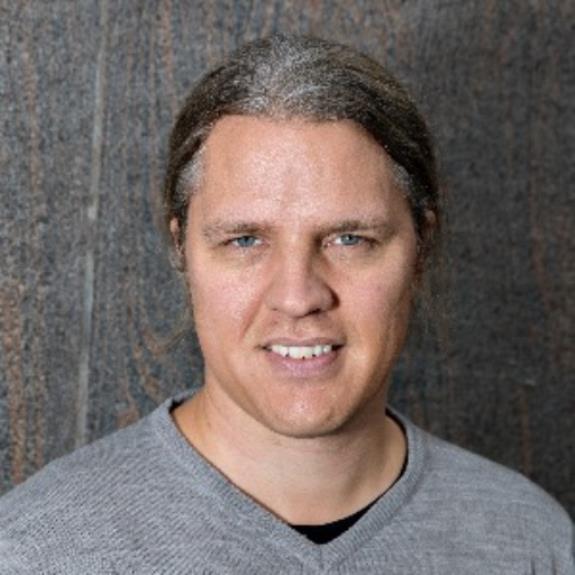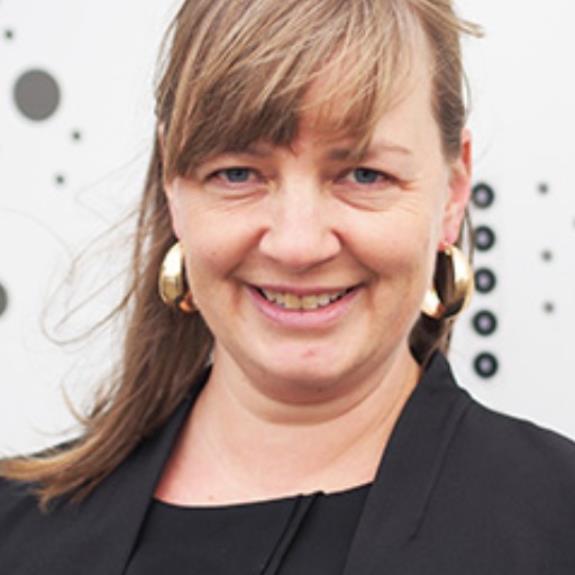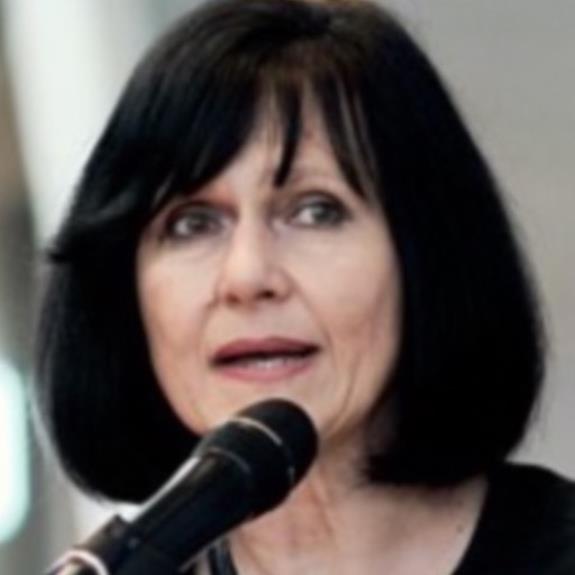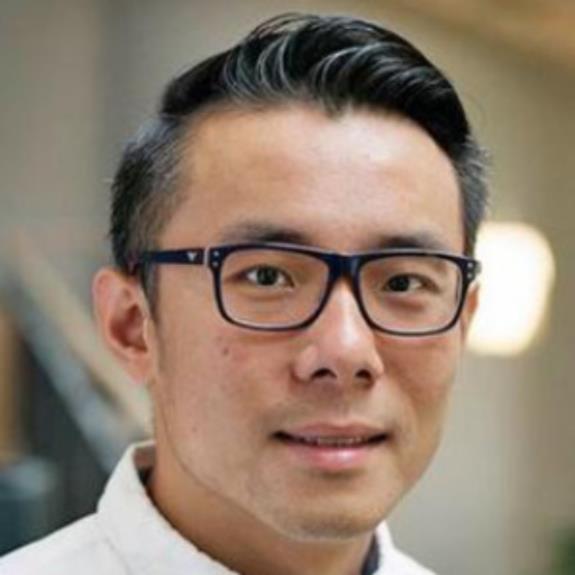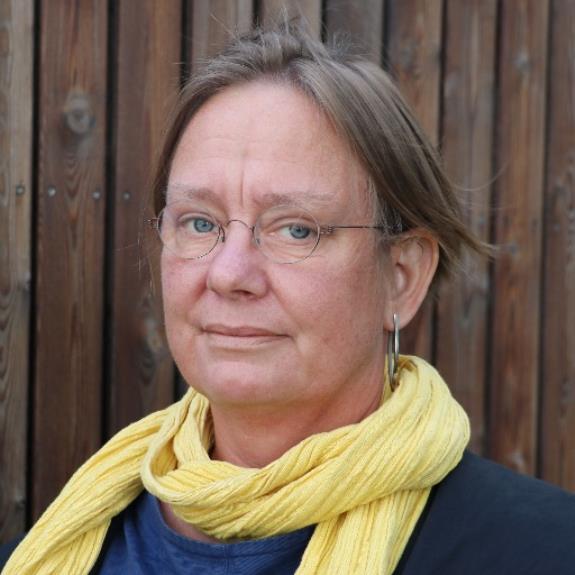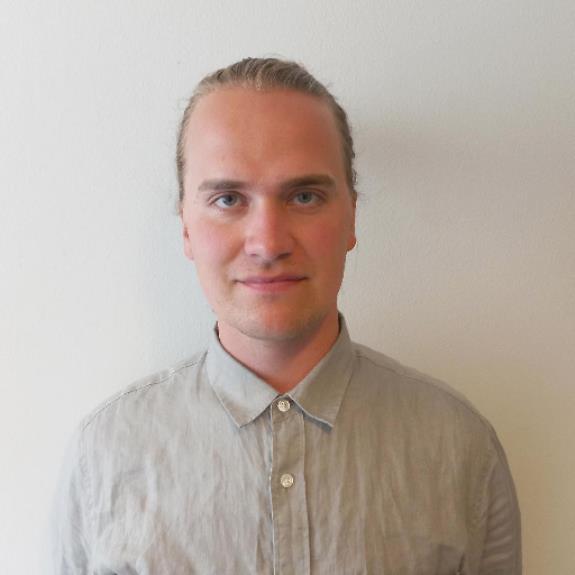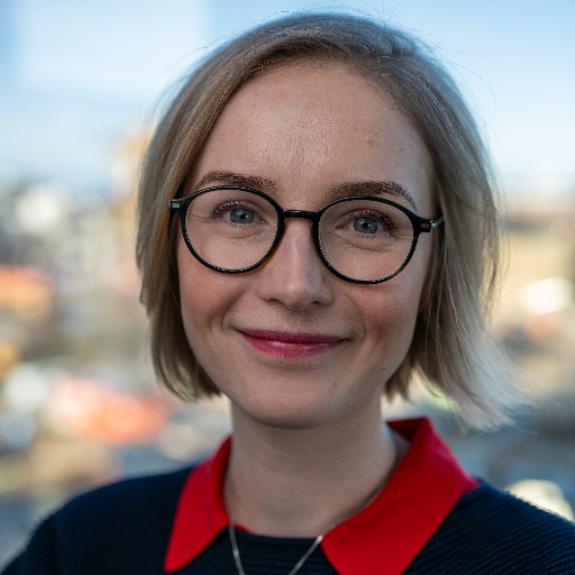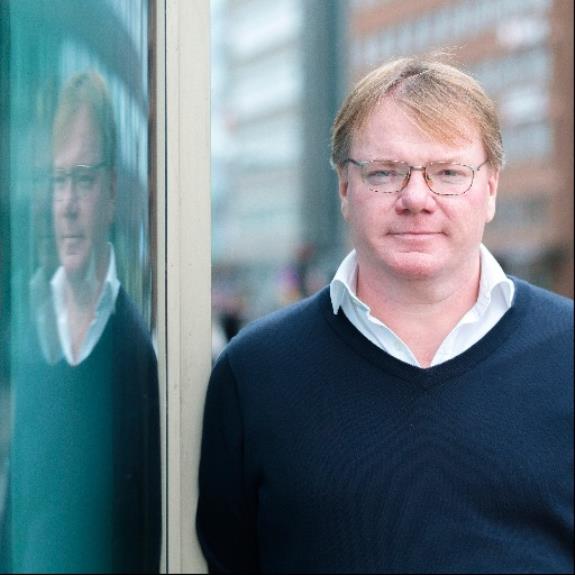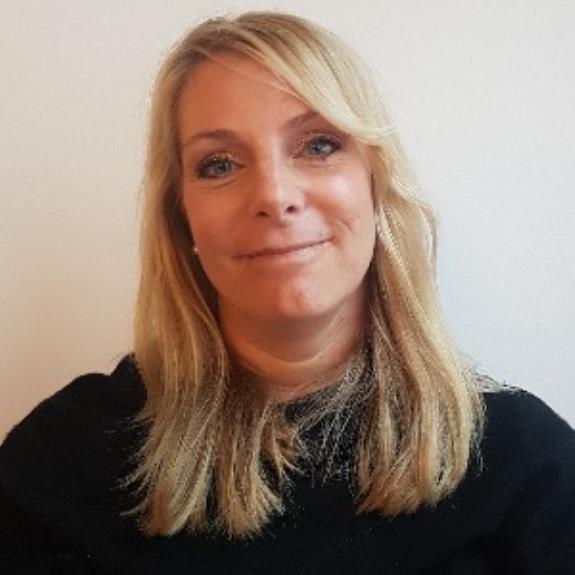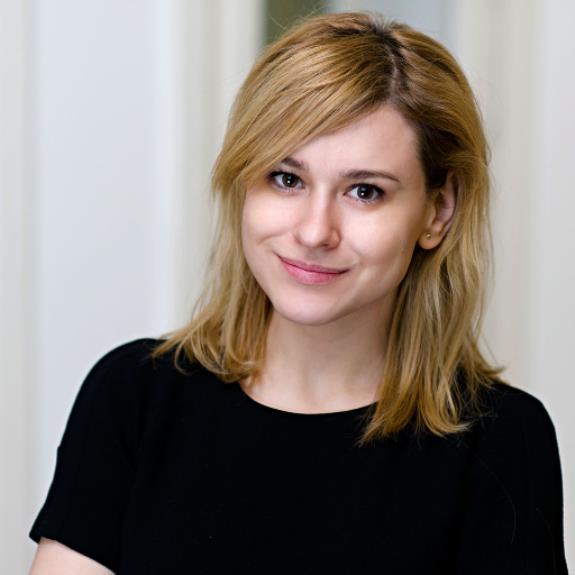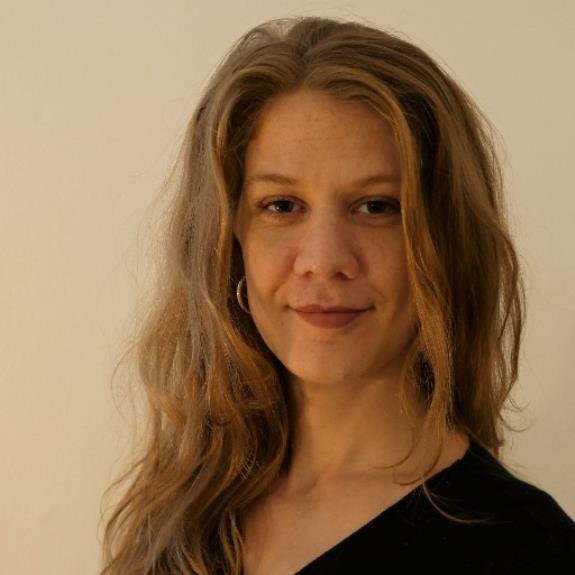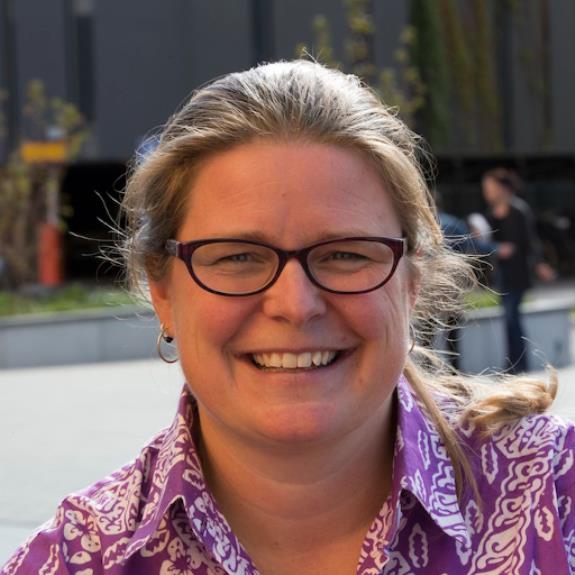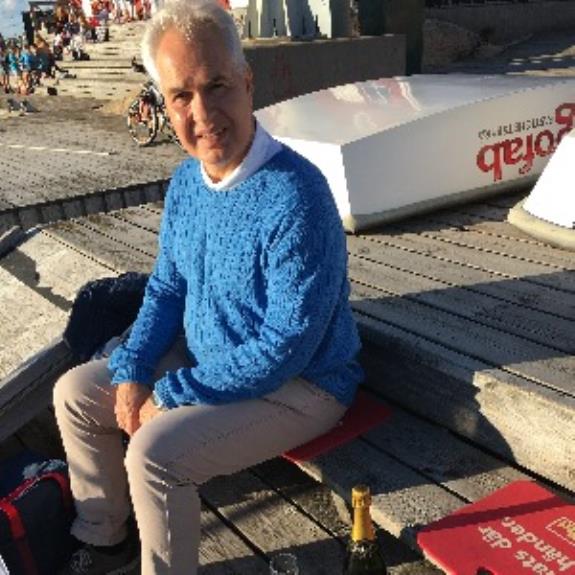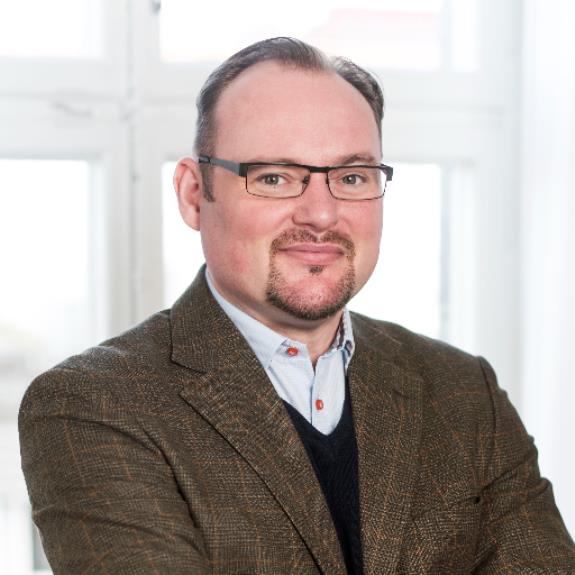We use cookies on this website. Cookies help us deliver the best experience on our website. Read about cookies.
-
- Education
- Education
- Programmes and courses
- Applications and admissions
- Tuition fees
- Scholarships
- Exchange studies at Malmö University
- Study Guidance
-
- After admission
- After admission
- Moving to Malmö
- Pre-orientation
- Arrival guide
-
- About studies at Malmö University
- About studies at Malmö University
- Why choose Malmö University
- Understanding university studies
- Connect with current students
On the page -
- Research
- Research
-
- Doctoral studies
- Doctoral studies
- Doctoral courses
-
- Doctoral schools
- Doctoral schools
- Education, Learning and Globalisation
- Doctoral school: Learning in Multicultural Societal Contexts
- ComBine
- Swedish National Graduate School in Science and Technology Education Research
- Doctoral school: Relevancing Mathematics and Science Education (RelMaS)
- Doctoral school: Sustainable Movement Education
- Finding ways in a time of great future challenges (FinnFram)
- Doctoral school: Pedagogy and Vocational Skills
- Doctoral school: Culturally Empowering Education through Language and Literature
- Research subjects
-
- Research centres
- Research centres
- Biofilms Research Centre for Biointerfaces
- Citizen Health
- Imagining and Co-Creating Futures
- Institute for Urban Research
- Malmö Institute for Migration Studies
- Literacy and Inclusive Teaching
- Centre for Work Life Studies
- Sustainable Digitalisation Research Centre
- Centre for Sexology and Sexuality Studies
-
- Research publications
- Research publications
- Search publications
- Malmö University Press
- Research events
- Participate in a research study
- Coffee Break Quiz
On the page -
- Collaboration and Innovation
- Collaboration and Innovation
-
- Areas of collaboration
- Areas of collaboration
- Muvah
- Innovation
- Collaboration with students
-
- Collaborate with researchers
- Collaborate with researchers
- Labs and facilities
- Culture collaboration
- Support Malmö University
On the page -
- About us
- About us
-
- Faculties and departments
- Faculties and departments
-
- Faculty of Culture and Society
- Faculty of Culture and Society
- Department of Urban Studies
- Department of Global Political Studies
- School of Arts and Communication
-
- Faculty of Education and Society
- Faculty of Education and Society
- Department of Childhood, Education and Society
- Department of Sports Sciences
- Department of Natural Science, Mathematics and Society
- Department of School Development and Leadership
- Department of Culture, Languages and Media
- Department of Society, Culture and Identity
-
- Faculty of Technology and Society
- Faculty of Technology and Society
- Department of Computer Science and Media Technology
- Department of Materials Science and Applied Mathematics
- Faculty of Odontology
- University Dental Clinic
-
- Find and contact Malmö University
- Find and contact Malmö University
- Visit Malmö University
- News and press
- Map of the buildings (Google Maps)
- Merchandise
- Whistleblowing
- Management and decision-making paths
-
- Vision, objectives and strategy 2025
- Vision, objectives and strategy 2025
- Global engagement
- Sustainability
- Widened recruitment and participation
- Quality assurance work at the University
-
- Malmö Academic Choir and Orchestra
- Malmö Academic Choir and Orchestra
- Student work – video pieces
- Alumni & Friends
-
- Annual Academic Celebration
- Annual Academic Celebration
- Academic traditions
- Meet our new professors
- The University in a troubled world
On the page
Malmö Institute for Migration Studies (MIM)
Migration Studies (MIM)
Malmö Institute for Migration Studies is an international research centre with a multidisciplinary profile and a strong international presence. Within the centre and its extensive network, researchers develop, explore and exchange knowledge of international migration and ethnic diversity.
News and events
-
 News | Published: 6 November 2024
News | Published: 6 November 2024
Tourism must become more inclusive
Tourism has been criticised for being both primarily targeted at...
-
 News | Published: 18 October 2024
News | Published: 18 October 2024
New guest professor forced to leave Hungary by illiberal policies
A scholar who was plagued by death threats and was accused of...
-
 News | Published: 27 June 2024
News | Published: 27 June 2024
Swedes: “We do not use the word race.”
Who can claim to be Swedish? And when this claim is made, is it...
-
 News | Published: 13 June 2024
News | Published: 13 June 2024
Half do not come into contact with refugees
Western Europeans have a more positive attitude towards refugees...
-
 News | Published: 10 April 2024
News | Published: 10 April 2024
Recruiters selected non-White applicants in experimental study
Recruiters mainly chose to proceed with Black female applicants...
-
 News | Published: 5 April 2024
News | Published: 5 April 2024
The future is in post-industrial cities, says visiting Dutch guest professor
Post-industrial cities are hubs for migrants, diversity and...
-
 News | Published: 3 January 2024
News | Published: 3 January 2024
New model to better anticipate refugee patterns
More sources and unconventional data can make it better to...
-
 News | Published: 16 August 2023
News | Published: 16 August 2023
Nostalgia characterises right-wing conservative news agenda
‘It was better before,’ that’s the message being conveyed on a...
-
 News | Published: 4 May 2023
News | Published: 4 May 2023
Sudanese research partners bear witness to the conflict
As the Sudanese conflict continues, a Malmö University academic...
-
 News | Published: 15 November 2022
News | Published: 15 November 2022
More Swedes marry foreigners than second-generation immigrants
Swedes with two Swedish-born parents are more likely to marry...
-
 News | Published: 15 June 2022
News | Published: 15 June 2022
Civil society crucial for successful integration
Sweden has the best conditions for receiving refugees, found an...
More news
New policy brief
New policy brief
Family separation due to refugee migration can lead to increased caregiving responsibilities for young people. Contrary to common belief, there are many children and adolescents who are active and significant caregivers for adults, the elderly, and siblings, both those in Sweden and those in other countries. Often, they fill gaps in the public welfare system and act as a bridge between public services and the family. There is a need to expand support for these young caregivers to ensure their well-being and future prospects. Our policy brief provides specific recommendations for professionals and policymakers on how the situation for young caregivers can be improved.
Sweden: stricter requirements for citizenship acquisition by young people and stronger protection against involuntary renunciation
Sweden: stricter requirements for citizenship acquisition by young people and stronger protection against involuntary renunciation
Two amendments to the Swedish Citizenship Law came into force on October 1st, 2024. MIM researcher Christian Fernández explains what they mean in a blogpost on the EUI Global Citizenship Observatory.
News part three
The first issue of Current Issues in Migration Research (CIMR)
The first issue of Current Issues in Migration Research (CIMR)
We are very happy to announce the launch of the inaugural issue of MIM’s new journal Current Issues in Migration Research (CIMR). The journal offers a wide range of non-traditional formats, and this first issue is a good reflection of it in that we have, among others, a policy brief, artistic and other creative contributions, methodological reflections, insights into fieldwork, and an interview with an expert. We hope you find it interesting!

The Migration Seminar
This is a multidisciplinary forum for researchers from all faculties at Malmö University with an interest in migration, integration, diversity and related issues. Master’s students and anyone else interested in the research field are welcome to participate in the Migration Seminar.
The purpose of the seminar is to facilitate an exchange of ideas and knowledge and to stimulate a pluralism of perspectives, theories and methods. It offers a wide variety of research-related activities ranging from paper and project presentations to specially-invited guests and panel debates. It also hosts the seminar series of the Malmö City Guest Professor in Migration Studies. As the seminar has a distinctly international profile, both with respect to attendance and topics, most sessions are held in English.
Seminars on Thursdays
The Migration seminars are held on Thursdays, from 2025 the time is changed to 13.15-15.00. You can participate both online via zoom and in the seminar room on 9th floor, Niagara, Nordenskiöldsgatan 1. They are open to anyone interested. Send us an email if you would like to be included in our seminar sendlist, mim@mau.se.
23 January
Sexual and reproductive health equity in Sweden: an exploration of policy-level challenges
Nada Amroussia, PhD, Health and Society
30 January
PhD final seminar: Time and temporality in Swedish family reunification: Exploring temporal governance and the collective wait of transnational families
Hilda Gustafsson, Doctoral student in International Migration and Ethnic Relations, Department of Global Political Studies, Malmö University
6 February
Motherhood, Loss, and Mobility: Senegalese Women's Activism in Response to Border Deaths
Agnese Pacciardi, Doctoral student, Department of Political Science, Lund University
13 February
“Tough skin” and “A buzzing feeling” – VET-students' experiences of harassment in their training workplaces through poetic and metaphorical analyses
Katrine Thea Pløger Nielsen, PhD student at the Centre for Youth Research, Department of Culture and Learning, Aalborg University Copenhagen
27 February
How Flexible is Our Understanding of Race and Racial Groups? A Three-Country Comparison on How People View Faces and Ascribe Racial Categories
Sayaka Osanami Törngren, Associate Professor/Senior Researcher, Malmö University
6 March
Desirable Victims. Systems of Refugee Selection in Swedish and Canadian Migration Governing
Andreas Asplén Lundstedt, Researcher, The School of Public Administration, Gothenburg University
13 March
Citizenship
Pieter Bevelander, Professor, Malmö Univeristy, and Christian Fernández, Associate Professor, Malmö University
20 March
Modeling Forced Migration with Explainable Machine Learning
Haodong Qi, Project researcher, Department of Global Political Studies, Malmö University
27 March
Diversity survey Netherlands
Mark van Ostaijen, Associate Professor, Managing Director LDE Centre GMD
3 April
‘...there’s absolutely no humanity. This is purely political’ How Spontaneous Volunteers disrupt the ‘management’ of life seekers.
Henrik Larsen, freelance researcher
10 April
Judges, decisions, and fairness perceptions of laypersons
Stephanie Muessig, Deputy Managing Director, Central Scientific Insititutions, FAU Research Centre Islam and Law in Europe (FAU EZIRE)
24 April
NJMR roundtable: Critical issues in migration studies in the Nordic Countries
Dalia Abdelhady is an associate professor of Sociology at Lund University.
Nahikari Irastorza is an associate professor at the Faculty of Social and Human Sciences, University of Deusto, and a researcher affiliated to MIM, Malmö University. They are organizing this event as editors-in-chief of the Nordic Journal of Migration Research.
8 May
EU instrumentalisation and policy fragmentation under the new Migration and Asylum Pact
Martin Lemberg-Pedersen, Associate professor, Department of Global Political Studies, Malmö University
15 May
Avoiding a single story: what does domestic inclusive tourism voice for immigrants?
Parisa Setoodegan, Doctoral Student, Mid Sweden University
22 May
Ethnic Discrimination in Hiring: Causes and Countermeasures - A Systematic Review of the Empirical Evidence
Pinar Aslan Akay, PhD in social work, research coordinator at the Migration Studies Delegation and affiliated researcher at University of Gävle
Spring 2025
The long-term impact of extended and extreme housing insecurity on children fearing deportation: Retrospective narratives of displaceability among young adults in Denmark and Sweden
- Jacob Lind, Researcher, Department of Global Political Studies, Malmö University
Autumn 2024
Understanding crises; a complexity perspective on crises in migration and diversity governance
- Peter Scholten, Professor of Migration and Diversity Policy, the Department of Public Administration and Sociology, Erasmus University, Rotterdam, The Netherlands, and Malmö City Guest Professor in Migration Studies at MIM
Academic mobility: risk or opportunity?
- Andrea Pető, Professor Central European University, Vienna, Austria, and Malmö City Guest Professor in Migration Studies at MIM
“Ideological turn”, Interculturalism and the making of Diversity as a Public Culture and an inclusive collective memory
- Ricard Zapata Barrero, Full Professor at the Department of Political and Social Sciences, Universitat Pompeu Fabra, Barcelona, Spain
Immigration and Identity in Colonial Settler Societies: Aotearoa New Zealand, Canada and Australia
- Paul Spoonley, Distinguished Professor Emeritus, Honorary Research Associate, Te Kura Pukenga Tangata / College of Humanities and Social Science, Massey University, Aotearoa New Zealand
Governing the displaced in cities: Wars, the rule of “emergency”, and extraction
- Ayşe Çağlar, Professor, University of Vienna, Austria
Local tourism mobilities as an exploratory perspective on migrants’ place participation
- Sara Licata, doctoral student at Department of Service Studies, Faculty of Social Science, Lund University, Sweden
Just Care: In Pursuit of a Postmigrant Ethics
- Ulrich Schmiedel, Professor of Global Christianities at Lund University, Sweden
Final seminar: The multiplicities of expulsion: discourses, practices and lived experiences of a diversified field
- Valon Junuzi, PhD Student in International Migration and Ethnic Relations (IMER), Malmö University
The multiple dimensions of transnational repression and everyday life of Egyptian diaspora living in Italy
- Saipira Furstenberg, Marie Skłodowska-Curie Cofund Research Fellow, at Ca’ Foscari, University of Venice, Italy
The interplay of trust in institutions, social contacts, and language learning in the context of migration to rural Iceland
- Lara Wilhelmine Hoffmann, Postdoctoral researcher, University of Iceland
Intercultural policies and their role in the fight against racism and discrimination: an approach to the Spanish case
- Albert Mora, Associate professor at Department of Sociology and Social Anthropology, Valencia University, Spain
Spring 2024
New perspectives on the electoral participation of immigrants in Sweden
- Derek Stanford Hutcheson, Professor/Pro dean, Malmö University
Pieter Bevelander, Professor, Malmö University
Vanja Mosbach, Researcher, Malmö University
Haodong Qi, Researcher, Malmö University
Hands-on storytelling: Researching diasporic situatedness through Design
- Yénika Castillo Muñoz, Interaction Design teacher, K3-Design unit, Malmö University
The Dignity of Difference: Personal Names in Postmigrant Academia
- Maja Povrzanović Frykman, Professor of Ethnology, Department of Global Political Studies, Malmö University
Uplifting of borders and liberalisation of rights: The impact of TPD on Ukrainian protection-seekers’ (im)mobilities
- Larissa Kokonowskyj, project researcher, German Center for Integration and Migration Research (DeZIM)
Katarina Mozetič, PhD, researcher, Department of Global Political Studies, Malmö University
The 1989 Lucia Day Decision in the Recent History of Swedish Migration Management
- Mathias Hatleskog Tjønn, PhD Fellow, Institute for Social Research, University of Oslo
Externalised migration control and relational space
- Jonna Petersson, Senior lecturer, Department of Global Political Studies, Malmö University
Winners of the MIM master thesis award 2023:
Silent Exodus: A study on Gender-Based Violence and Migration Decision-Making of Women from Honduras in the USA
- Andrea Leman, former IMER student, Malmö University
To Identify With a Memory: A Case Study on Nubian Post-displacement Ethnic Identity in Contemporary Egypt
- Yahia Saleh, former IMER student, Malmö University
Revisiting ‘sexual migration’ – intersectionality and LGBTQIA+ experiences of migration and settlement in the United Kingdom
- Sarah Scuzzarello, (PhD Lund University) is Associate Professor of Migration at the University of Sussex and affiliated researcher at the Sussex Centre for Migration Research.
Understanding and supporting people with disability and family members from Syrian and Iraqi refugee backgrounds: An Australian perspective
- Angela Dew, Professor in Discipline Lead, Disability and Inclusion, Deakin University, Australia
Listening and Mobilization in Immigrant São Paulo: Pandemic and Responses to Gender-based Violence
- Bruna Rossetti Mendonça, PhD student, Federal University of Sao Carlos, Brazil
Diversity in recruitment and equality data collection in Sweden and the UK
- Amanda Heath, work and organizational psychologist specialising in discrimination, diversity, and inclusion, currently working as a researcher, Linnaeus University.
Temporal Racism and the invisibilization of work: or Why Some Can Eat Ice Cream with Their Kids While Others Cannot
- Paula Mulinari, Associate professor of Social work, Malmö University
Weaving the Tapestry: An Autoethnographic Exploration of Hypermobility Among Diasporic Somalis’ Onward Migration to Turkey
- Ayan Yasin Abdi, Phd, Roskilde University
The EU’s new asylum system: history, expectations and possible consequences
- Bernd Parusel, Researcher at the Swedish Institute for European Policy Studies (SIEPS)
Half-term seminar: Organising Solidarity in the Danish Labour Movement: Multi-Scalar Formations of Migrant Labour and Precarious Work
- Karen Ravn Vestergaard, Doctoral student in International Migration and Ethnic Relations, Department of Global Political Studies, Malmö University
Conceptualizing Climate Migration with a Family Life Course Perspective: A New Pilot Project
- Holly Reed, Professor of Sociology, Queens College, City University of New York (CUNY) and Malmö City Guest Professor in Migration Studies at MIM
The (European) Union resettlement framework and strategic use of quota refugee programs
- Johan Ekstedt, Doctoral student in International Migration and Ethnic Relations, Department of Global Political Studies, Malmö University
Watch MIM seminars at Mau Play
Ayşe Çağlar, Professor, University of Vienna, Austria.
2024-09-26
Governing the displaced in cities: Wars, the rule of “emergency”, and extraction
Paul Spoonley, Distinguished Professor, Massey University, New Zealand.
2024-09-19
Immigration and Identity in Colonial Settler Societies: Aotearoa New Zealand, Canada and Australia
Ricard Zapata Barrero, Professor at Pompeu Fabre University, Barcelona, Spain.
2024-09-12
Ideological turn”, Interculturalism and the making of Diversity as a Public Culture and an inclusive collective memory
Andrea Petö, Professor Central European University, Vienna, Austria
2024-09-05
Academic mobility: risk or opportunity?
Bridget Anderson, Director of Migration Mobilities Bristol and Professor of Migration, Mobilities and Citizenship, University of Bristol, and Malmö City Guest Professor in Migration Studies at MIM.
2022-05-12
The work of the ‘national’ in ‘national welfare states’
James F. Hollifield, Professor, Director of the Tower Center at Southern Methodist University (SMU) in Dallas, Texas.
2022-05-05
Controlling Immigration: A Comparative Perspective
Russell King, Professor of Geography at the University of Sussex (UK) and Visiting Professor in Migration Studies at MIM, Malmö University
2022-04-28
Marta Bivand Erdal, Research Professor in Migration Studies at the Peace Research Institute Oslo (PRIO).
2022-04-21
Rainer Bauböck, Professor, European University Institute, Florence, and Austrian Academy of Sciences, Vienna
2021-11-04
Irene Bloemraad, Professor, founding director of Berkeley’s Interdisciplinary Migration Initiative (BIMI) and the Class of 1951 Professor of Sociology at the University of California, Berkeley
2021-11-18
Beyond Typologizing (or Idealizing) Citizenship: What does it do, what does it mean?
James F. Hollifield, Professor, Director of the Tower Center at Southern Methodist University (SMU) in Dallas, Texas
2021-02-11
Theorizing International Migration: Towards a ‘Unified field of Study?’
Migration Society 2.0 Lecture Series
Malmö Institute for Studies of Migration, Diversity and Welfare (MIM) is an international research centre with a multidisciplinary profile and a strong international presence. Within the centre and its extensive network, researchers develop, explore and exchange knowledge of international migration and ethnic diversity. The objective of the Migration Society 2.0 series is to draw attention to and enhance understanding of the new forms of diversity that migration scholars are talking about under banners such as super-diversity, everyday diversity, commonplace diversity, post-migration society and so on. We are specifically interested in how diversity is normalized and resisted on different levels and spheres of society. How is this normality construed and co-produced by its own generation of agents and subjects? What kind of mindset and strategy of co-existence is diversity, really? And how is it sustained in public imagery and narratives? To answer these questions, we have handpicked seven particularly interesting and original researchers from the diversity field.
Autumn 2020 – watch the seminars
Keith Banting, Professor Emeritus of Political Studies and Stauffer Dunning fellow at the School of Policy Studies, Queen’s University;
Will Kymlicka, Professor of Philosophy and Canada Research Chair in Political Philosophy, Queen’s University.
Maurice Crul, Professor of Sociology at the Faculty of Social Sciences and the Identities, Diversity and Inclusion Program, University of Amsterdam
Eva van Belle, Assistant Professor of Economics and Post doc at NCCR – on the move, University of Neuchatel
The immigrant-native wage gap: is there a gap and is it "fair"?
Miri Song, Professor of Sociology at the School of Social Policy, Sociology and Social Research, University of Kent
How should we (teachers and students) talk about racism
in the classroom and in our research?
Susanne Wessendorf, Associate Professorial Research Fellow at the International Inequalities Institute, London School of Economics and Political Science
Malmö City Guest Professor in Migration Studies
The Guest Professorship within the field of International Migration and Ethnic Relations (IMER) is a donation to Malmö University financed by the City of Malmö when the University was inaugurated. The former name was Guest Professorship in Memory of Willy Brandt.
Malmö University and MIM have, since 2000, hosted 34 prominent researchers as part of the guest professorship and it has generated a constant and dynamic exchange of knowledge, enhancing MIM’s academic strength while also reinforcing our international network. Read more about the guest professorship and previous guest professors below.
Malmö City Guest Professor in Migration Studies
International migration and ethnic relations
The aim of the professorship is to strengthen research at Malmö University within the field of IMER. As IMER has a strong international network, the City of Malmö sought, via the guest professorship, to strengthen contacts with international experts in order to ensure that they would become an integral part of research and teaching. An international guest professorship creates a constant and dynamic exchange of knowledge and enhances the center’s academic strength. The donation also funds a research fellow and a PhD position.
Guest professors
Andrea Pető (2024)
Peter Scholten (2024)
Holly Reed (2023-2024)
Bridget Anderson (2022)
Who was Willy Brandt?
Willy Brandt was West Germany’s Chancellor between 1969 and 1974. He was forced to seek refuge in Sweden during the Second World War and developed strong ties with the country. In order to emphasise the importance and status of the scientific investment, the City of Malmö obtained the family’s permission to name a guest professorship after him.
Guest professors
Magdalena Nowicka (spring 2020)
Ellen Percy Kraly (spring and autumn 2019)
Per Mouritsen (autumn 2018)
Maarten Vink (autumn 2017 and spring 2018)
Ruth Wodak (spring and autumn 2017)
Keith Banting (2016 October-December)
Joaquín Arango (2016 August- September )
Giuseppe Sciortino (2015 autumn and 2016 spring)
Garbi Schmidt (2014 and 2015 spring)
Miri Song (2013 autumn)
Russell King (2012 and 2013 spring)
Ayhan Kaya (2011 autumn)
Raymond Taras (2010 autumn and 2011 spring)
Daniel Hiebert (2009 autumn and 2010 spring)
Peggy Levitt (2009 spring)
Carlo Ruzza (2008 autumn)
Yasemin Soysal (2007 autumn and 2008 spring)
Cas Mudde (2007 spring)
David Ingleby (2007 spring)
Ewa R. Morawska (2006 autumn)
Nina Glick Schiller (2006 spring)
Sandro Cattacin (2005 autumn)
Nikos Papastergiadis (2005 spring)
Marco Martiniello (2004 autumn)
Don DeVoretz 1942-2020 (2004 spring)
Katherine Fennelly (2003 autumn)
Thomas Faist (2003 spring)
Grete Brochmann (2002 autumn)
Jock Collins (2002 spring)
Ellie Vasta (2001 autumn)
Thomas Faist (2001 spring)
John Rex 1925-2011 (2001 spring)
Rainer Bauböck (2000 autumn)
-
2018 | Report
The Socio-Natural Question: How Migration Reproduces Inequalities in an Age of Climate Change
Thomas Faist
-
2018 | Report
Discourse and European Integration
Ruth Wodak
-
2013 | Report
Theories and typologies of migration: an overview and a primer
Russell King
-
2013 | Report
Visiting friends and relatives and its links with international migration: a three-way comparison of migrants in the UK
Russell King, Aija Lulle, Dorothea Mueller, Zana Vathi
-
2013 | Report
Interrelationships between gender, care and migration: Albania during and after communism
Russell King, Julie Vullnetari
-
2012 | Report
The end to immigration by a thousand cuts?: on Europe's bureaucratic gatekeepers
Raymond Taras
-
2011 | Report
Islamophobia as a form of governmentality: Unbearable weightiness of the politics of fear
Ayhan Kaya
-
2011 | Report
From welfarism to prudentialism: euro-turks and the power of the weak
Ayhan Kaya
-
2010 | Report
The integration and inclusion of newcomers in Canada: the case of British Columbia
Daniel Hiebert, Kathy Sherrell
-
2009 | Report
The City as Context: Culture and Scale in New Immigrant Destinations
Wendy Cadge, Sara Curran, Jessica Hejtmanek, B. Nadya Jaworsky, Peggy Levitt
Facts
Our research
MIM was established in January 2007 with the goal of strengthening Malmö University’s migration research profile. Further to this, MIM was also envisaged as a platform to expand Malmö University’s international networks and build bridges between the university and non-academic actors. MIM consists of a core of senior and junior researchers and a large international network of affiliated researchers. MIM regularly hosts prominent professors in IMER from around the world.
The research conducted at MIM is multidisciplinary and is pursued in collaboration with international partners. It is funded either nationally or by the EU and can be classified under the following four themes:
Patterns of mobility and demography
We focus both on a general analysis of emigration and immigration from/to Sweden and other places, and on individual experiences of migration, and how these are represented in, for instance, politics, media, and museums. Here, migration concerns people moving from conflict zones and applying for asylum in Sweden as well as other countries, but also highly educated people looking for better job opportunities in, for example, Shanghai and Sweden.
Migration politics are analysed at policy and discursive levels, and migration patterns, dynamics, and outcomes are considered. The perspectives range from the global to the local and from the international to the transnational, and we employ a variety of methodological approaches.
-
 Research project
Research projectClimate-Induced Migration in Africa and Beyond: Big Data and Predictive Analytics (CLIMB)
haodong.qi@mau.se -
 Research project
Research projectThe Future of Resettlement: Vulnerability Revisited
brigitte.suter@mau.se -
 Research project
Research projectOrganising with or against Formations of Migrant Labour? Challenges and New Directions for Labour Movements in Denmark and Beyond
karen.vestergaard@mau.se -
 Research project | DOCTORAL PROJECT
Research project | DOCTORAL PROJECTCritical examination of repatriation programmes in the EU periphery: The case of Kosovo
valon.junuzi@mau.se -
 Research project | DOCTORAL PROJECT
Research project | DOCTORAL PROJECTWaiting for family reunification
hilda.gustafsson@mau.se
Early reception and integration
Immigration creates both opportunities and challenges for the receiving country, and many of our research projects study the policies for and processes of inclusion, particularly those related to the first years after receiving residence. Under this theme, projects and studies deal with, for example, establishing “integration” indicators in a European context, which policies and practices are encountered by asylum seekers and refugees in local contexts. Research within this theme also studies which labour market integration and housing patterns are visible, including work-life balance for various immigrant and refugee groups by educational level as well country of origin.
-
 Research project
Research projectEuropean Solidarity, Institutional Changes in Migration Policy, and Adaptation Strategies: De-Othering and Social Integration of Refugees i...
-
 Research project
Research projectGrowing up in illegality: Young adults’ life histories about the impact of a childhood lived under a long-lasting threat of deportation...
jacob.lind@mau.se -
 Research project
Research projectReROOT: Arrival infrastructures as sites of integration for recent newcomers
tina-gudrun.jensen@mau.se
Discourses of and attitudes toward international migration, integration and diversity
This research strand focuses on the representations of migration. How are issues of, for instance, ethnic diversity represented at universities, on stage in theatres, or at museums? How are national identities reproduced in the age of migration? These questions invite studies that move the research interest from “them” to “us”. What kind of stereotypes of and attitudes towards immigrants and different ethnic groups are found in societies both in and beyond the West? How do they affect majority-minority relations? How are people’s negative attitudes to increased levels of diversity translated to the realm of party politics and represented in the different media venues? More generally, how do the Scandinavian welfare states with historically homogenous populations, tackle the challenges of ethnic diversity? And what are the discursive changes and policy measures suggested and implemented in host societies?
- Other related research endeavours empirically and theoretically investigate notions of e.g. freedom of speech, hate speech activities, tolerance, discrimination and racism in everyday settings.
-
 Research project
Research projectEveryday borders: Cross-border domestic workers in the Spanish enclaves of Ceuta and Melilla
alba.planchart@mau.se -
 Research project
Research projectRacialized emotional labour in Swedish welfare organisations
carolin.schutze@mau.se -
 Research project
Research project"EqualAct" Equal chances in active labour market program placements for different groups? Examining decision making in the Swedish PES
carolin.schutze@mau.se -
 Research project
Research projectA comparative study of right-wing extremist attitudes and group-focused enmity in Sweden, Poland, and Germany (REA)
pieter.bevelander@mau.se -
 Research project
Research projectCollaborative cross-sectoral research communication as cognitive boosting towards inclusive hiring decisions
sayaka.torngren@mau.se -
 Research project
Research projectCity for Everybody - Building Responsible Action for Inclusive Local Communities (CIFER)
sayaka.torngren@mau.se -
 Research project
Research projectTackling structural & institutional racism in 8 EU Member States
sayaka.torngren@mau.se -
 Research project
Research projectOrganising with or against Formations of Migrant Labour? Challenges and New Directions for Labour Movements in Denmark and Beyond
karen.vestergaard@mau.se -
 Research project | DOCTORAL PROJECT
Research project | DOCTORAL PROJECTCritical examination of repatriation programmes in the EU periphery: The case of Kosovo
valon.junuzi@mau.se -
 Research project
Research projectExploration of hiring discrimination and possibilities for intervention through eye-tracking
sayaka.torngren@mau.se -
 Research project
Research projectRefugee Migration and Cities: Social Institutions, Political Governance and Integration in Jordan, Turkey and Sweden (SIPGI)
josepha.wessels@mau.se
Long term integration, citizenship, and acculturation
Almost all areas of integration are represented in our research, such as political integration, labour market integration, and social integration from different theoretical and methodological perspectives. We study policy development and the effects of these policies as well as patterns of integration for the migrant communities. Several of our researchers have a special interest in the idea, institution and role of citizenship and its relation to integration. Our research focuses among other things on the motives of naturalisation policies, such as greater transparency, compulsory (cultural) assimilation, legal exclusion of foreigners, and political participation, as well as liberal democratic legitimacy. Another area of citizenship research is the formation and education of citizens in diverse societies in school. Our expertise in this field ranges from political and educational philosophy to curriculum and classroom studies and from politics and policy to ethnographic “realities on the ground”.
-
 Research project
Research projectNew perspectives on the electoral participation of immigrants in Sweden
derek.hutcheson@mau.se -
 Research project
Research projectFuture Society and Democracy in Europe
michael.strange@mau.se -
 Research project
Research projectAI and the everyday political-economy of global health - Topic Leader
michael.strange@mau.se -
 Research project
Research projectGrowing up in illegality: Young adults’ life histories about the impact of a childhood lived under a long-lasting threat of deportation...
jacob.lind@mau.se -
 Research project
Research projectAI and the everyday political-economy of global health
-
 Research project
Research projectAcademia and cultural production as ‘postmigrant’ fields in Sweden
maja.frykman@mau.se -
 Research project
Research projectPHED - Precision Health and Everyday Democracy
michael.strange@mau.se
Research publications in the Malmö University database Diva
-
2025 | Article in journal
Does Job Search Assistance Reduce Unemployment?: Evidence on Displacement Effects and Mechanisms
Maria Cheung, Johan Egebark, Anders Forslund, Lisa Laun, Magnus Rodin, Johan Vikstrom
-
2025 | Article in journal
Perspective Transformation of Cultural Awareness: A Qualitative Study on Research Students’ Experiences of International Cross-Institutional Webinars
Elisabeth Carlson, E Angela Chan, Christine Kumlien, Doris Leung, Melanie Bish
-
2024 | Article in journal
Essä: Svenskfientlighet är inte rasism
Anders Hellström
-
2024 | Chapter in book
The use of national myths in the rhetoric of populist radical-right parties in the Nordic countries
Anders Hellström, Katarina Pettersson
-
2024 | Article in journal
Being and becoming local: migrants' personal social networks and their influence on inclusive visiting friends and relatives tourism experiences
Sara Licata, Sayaka Osanami Törngren
-
2024 | Conference paper
‘Everybody to the polls’? How the Russian regime uses the toolbox of electoral authoritarianism for selective (de)mobilisation of regime supporters’
Derek Stanford Hutcheson, Ian McAllister
-
2024 | Conference paper
New Perspectives on the Electoral Participation of Immigrants in Sweden
Derek Stanford Hutcheson, Vanja Mosbach
-
2024 | Conference paper
The 'Illiberal Turn' in Russian Mythmaking: Have the Voters Turned Too?
Derek Stanford Hutcheson
-
2024 | Chapter in book
The Power of Ukrainian Sociology in Post-USSR Transformations and Russia’s War in Ukraine
Olga Kutsenko, Svitlana Babenko
-
2024 | Article in journal
The Union Resettlement Framework: A Strategic Asset, an Alternative to Asylum or an Expression of Humanitarian Values?
Johan Ekstedt
-
2024 | Report
To Identify with a Memory: On Nubian Post-displacement Ethnic Identity (Re)Construction in Contemporary Egypt
Yahia Saleh
-
2023 | Report
Growing apart: Increasing labour market segmentation of EU-13 workers in Sweden
Inge Dahlstedt, Henrik Emilsson
-
2023 | Report
Unaccompanied foreign minors in the Spanish media: A frame analysis of press editorials
Tábata Martín Olea
-
2023 | Report
South-south migration: A Critical Discourse Analysis of media’s construction of Venezuelan refugees in Brazil
Bruna Carvalho Badaró de Melo
-
2022 | Report
Neighboring Countries, Worlds Apart?: Explaining the Swedish-Danish Difference in Immigration-Integration Policy
Christian Fernandez
-
2022 | Report
‘Shifting Borders’ and Shifting Responsibility? Towards a More Just Model of Global Mobility
Eline Wærp
-
2022 | Report
Home in hardship: Exploring how United Nations professionals negotiate constructions of home in and between hardship settings.
Alexander Thomas
-
2022 | Report
Deeming Damascus ’Safe’: The Implications of the Paradigm Shift in Danish Asylum Policy and the Increased Focus on Return
Emma Gade Nielsen
-
2022 | Report
Are Swedes really racially color-blind? Examination of racial ascription and degree of Swedishness
Sayaka Osanami Törngren, Marcus Nyström
-
2021 | Report
The impact of multilevel policy and governance: A comparative study of access to language training in Cosenza, Glasgow, Malmö, and Nicosia
Henrik Emilsson, Maria Angeli, Anna Elia, Nasar Meer, Timothy Peace
Researchers
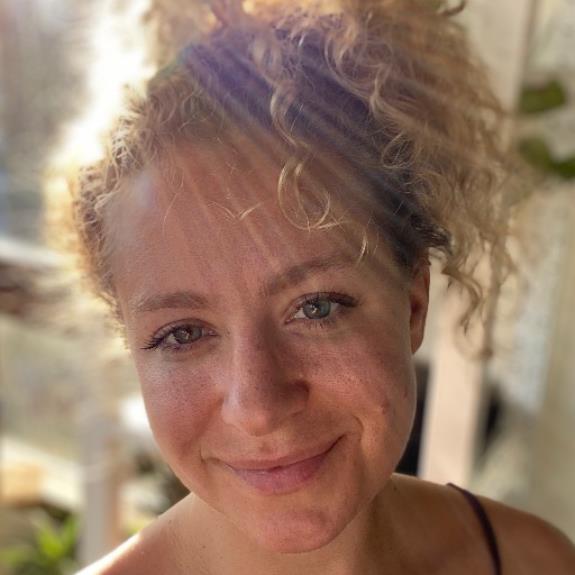
Caroline Adolfsson
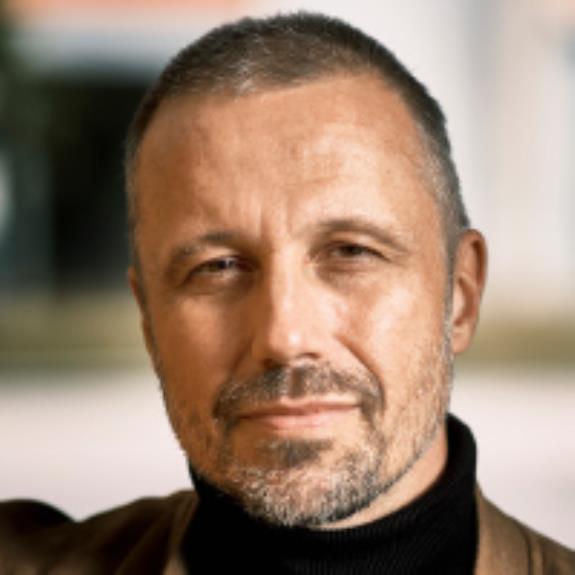
Christian Fernandez
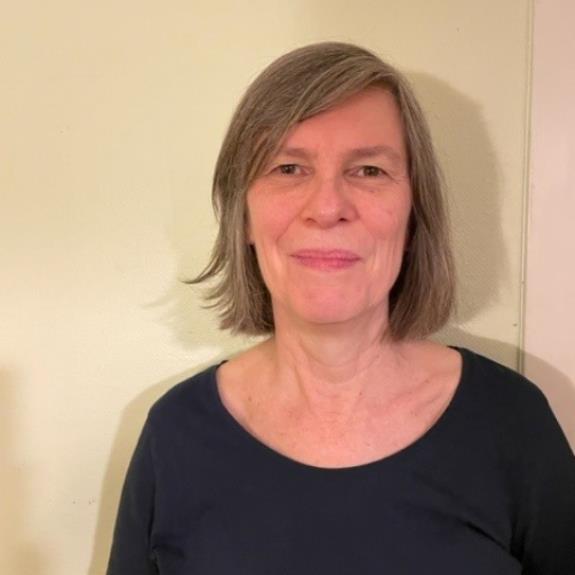
Anne Harju
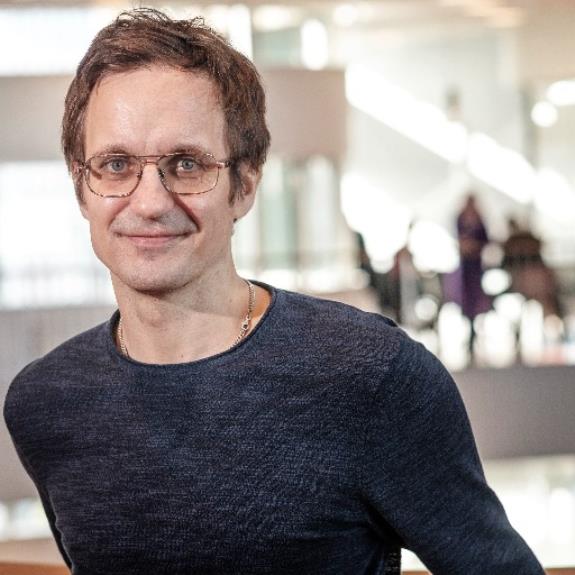
Anders Hellström
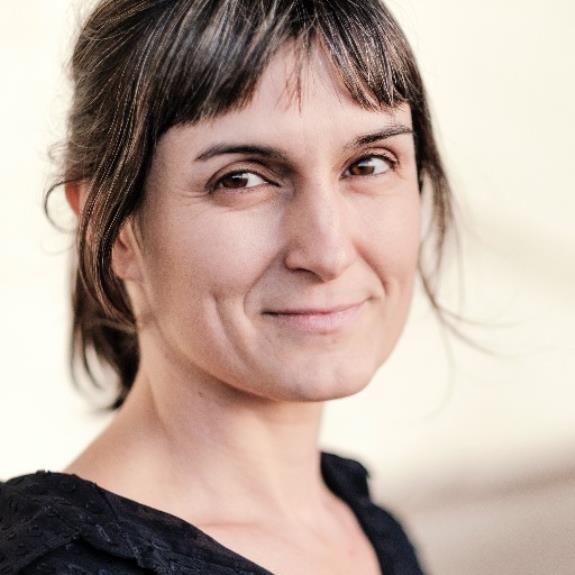
Nahikari Irastorza
Christina Johansson
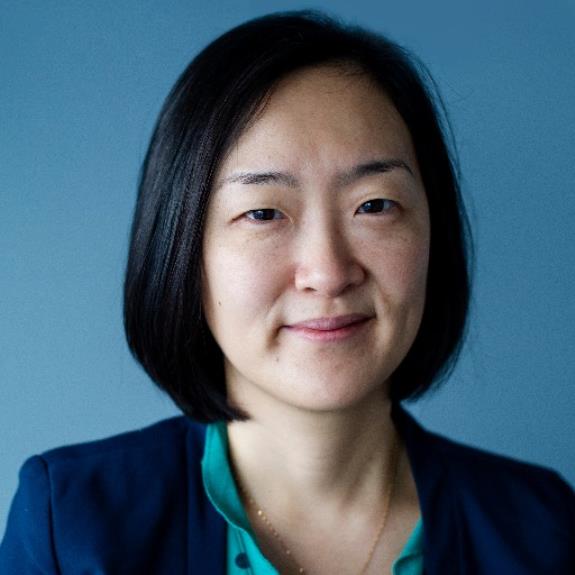
Sayaka Osanami Törngren

Ulrika Ryan

Michael Strange
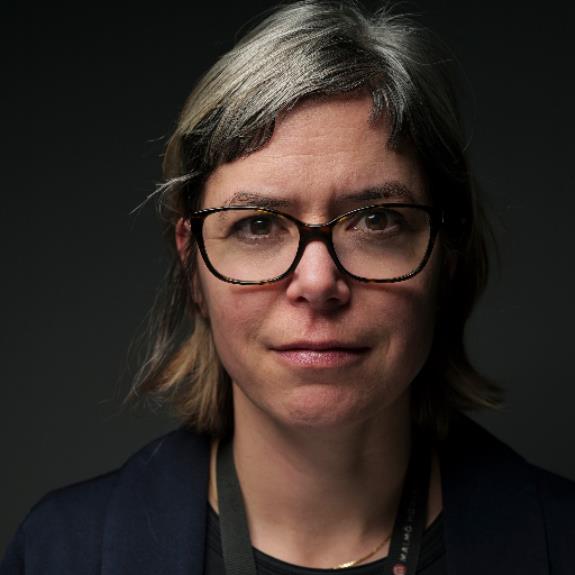
Brigitte Suter
Affiliated researchers at MIM
Maria Cheung
- is a research coordinator at the Migration Studies Delegation and holds a PhD in Economics at Stockholm University. Her research in the field of migration and integration has mainly concerned discrimination, gender equality and the labor market. Maria has previously conducted research in the field of labor market policy, among other things, on how intensified job search assistance affects unemployment, as well as in the field of applied development economics.
Björn Fryklund
- Professor Emeritus, Malmö University.
Björn Fryklund: Publications and more information
Anna Hammarstedt
- is a research coordinator at the Migration Studies Delegation and holds a PhD in International Relations. Her research focuses on how different state employees relate (both in theory and in practice), to asylum seekers that abscond/disappear during the asylum seeking process. Anna has previously worked at the Swedish Migration Agency.
Iris Luthman
- is a research coordinator at the Migration Studies Delegation (Delmi) and has a master in political science from Uppsala University. Her research at Delmi has mainly focused on return and readmission practices.
Iris Luthman - Delmi: Read more
Henrik Malm Lindberg
- is the Deputy Head of Secretariat and project manager at the Migration Studies Delegation and Associate Professor of Economic History at Uppsala University. His research in the field of migration has mainly concerned return and reintegration as well as the design of the Swedish migration policy. Henrik has previously conducted research in areas such as labour market, wage formation and the design of the Swedish model.
Suzanne Planchard
- is a research coordinator at the Migration Studies Delegation (Delmi) and has a master in International Relations with focus on Global Political Economy. Her research at Delmi is mainly focused on Swedish and European coordination and cooperation on return and readmission practices.
Margareta Popoola
- is a Docent emerita of International Migration and Ethnic Relations (IMER) at Malmö University. Her main research field is within the field of international migration and ethnic relations including integration and segregation in an urban context. She has a broad knowledge of cooperation between university and the wider society including municipality and social work where she has been engaged for several years. The main interest is in housing and economic self-support as well as attitudes and reactions from both minorities and the majority. Her PhD in Sociology is from Lund University and the research is predominantly from the field of integration and segregation and different aspects of minority and national minorities in the society.
Daniel Silberstein
- is a research coordinator at the Migration Studies Delegation and holds a PhD in International Relations from Stockholm University. His research concerns European border-, security-, and migration policies. Daniel Silberstein has previously worked with development- and democracy issues.
Priscilla Solano
- is a senior lecturer at the Department of Sociology, Lund University. Her research in migration has mainly concerned the intersections between humanitarianism, human rights and the criminalisation of migration and transit migration precarity. She has also conducted research on humanitarian crisis, unaccompanied youth, civil society and the welfare state.
Advisory Board
Kent Andersson (Chair) Member of Steering Committee of the international network METROPOLIS, Member of External Advisory Committee of the European Commission-funded Network of Excellence IMISCOE, Mayor of the City of Malmö.
Bridget Anderson, Professor of Migration, Mobilities and Citizenship, School of Sociology, Politics and International Studies, Bristol University, och Director of Migration Mobilities Bristol, University of Bristol
Linda Clavier, Senior lecturer at the Department of Social Work, Malmö University
Anne Harju, Associate Professor/Senior lecturer, Department of Childhood, Education and Society, Malmö University
Jonas Otterbeck, Professor, Institute for the Study of Muslim Civilisations, the Aga Khan University
Peter Scholten, Professor of Migration and Diversity Policy, the Department of Public Administration and Sociology, Erasmus University
Follow us
Read the latest newsletter
Would you like to receive our newsletter
Would you like intivations to the migration seminar? Send us an email and let us know!
Follow us on Facebook for the latest news
Read about research and publications during 2023
Networks
Nordic Migration Research

Nordic Migration Research
Nordic Migration Research is an organisation of individuals and institutions conducting or using research related to different aspects of international migration and ethnic relations such as integration, ethnicity/race, culture, religion, marginalisation, citizenship, nationalism, discrimination and racism.
IMISCOE

IMISCOE
IMISCOE is Europe's largest network of scholars in the area of migration and integration. The network involves 45 member institutes and over 700 scholars and focuses on comparative research, publications, the organization of events, PhD training, awards and communication.
Networks
City of Malmö

City of Malmö
Malmö today is a natural hub for people and cultures from worldwide. The city’s inhabitants come from around 180 countries. This diversity is one of Malmö’s key assets and creates the basis for a rich cultural life. It also equips Malmö to perform well in an ever-more globalised world. Malmö is one of Sweden’s fastest growing metropolitan centres. The high number of births and influx of people stand for the greater part of the population increase.
Metropolis International

Metropolis International
The International Metropolis Project is the largest cross-sectoral international network of researchers, policy makers, and community groups engaged in identifying, understanding, and responding to developments in migration, integration / inclusion, and diversity. Through our efforts, we encourage the production and effective communication of policy-relevant knowledge amongst decision-makers, thought leaders, and practitioners. Our network includes partners from across the Americas, Europe and Asia-Pacific and is growing in Africa and the Middle East.
Contact
-
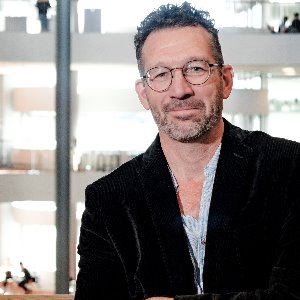
Pieter Bevelander - Professor
Director of Malmö Institute for Studies of Migration, Diversity and Welfare
pieter.bevelander@mau.se
+46 40 665 73 43Department of Global Political Studies (GPS)
-
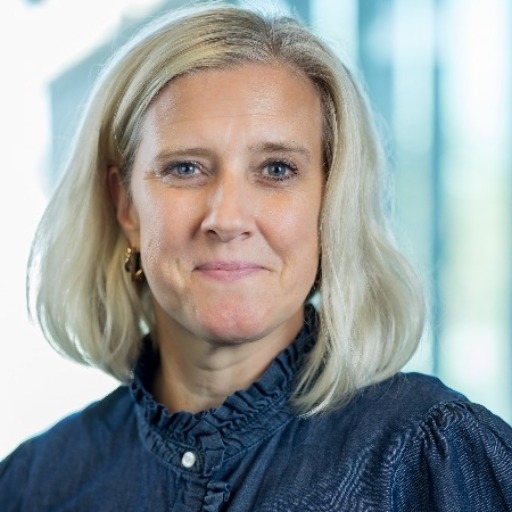
Anna Andrén -
anna.andren@mau.se
+46 40 665 74 01Faculty office, Faculty of Culture and Society
-
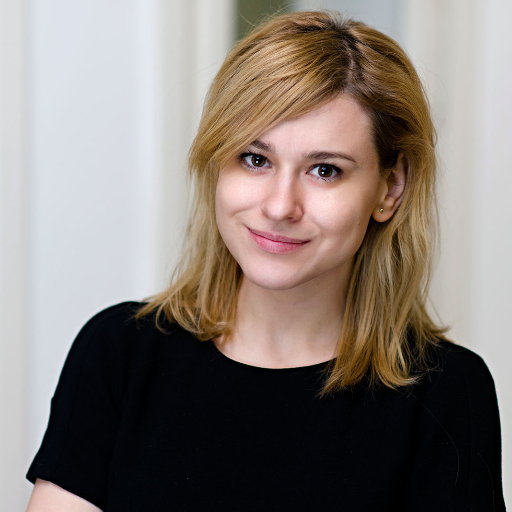
Magdalena Ulceluse - Associate senior lecturer
magdalena.ulceluse@mau.se
+46 40 665 83 43Global Political Studies unit 3






